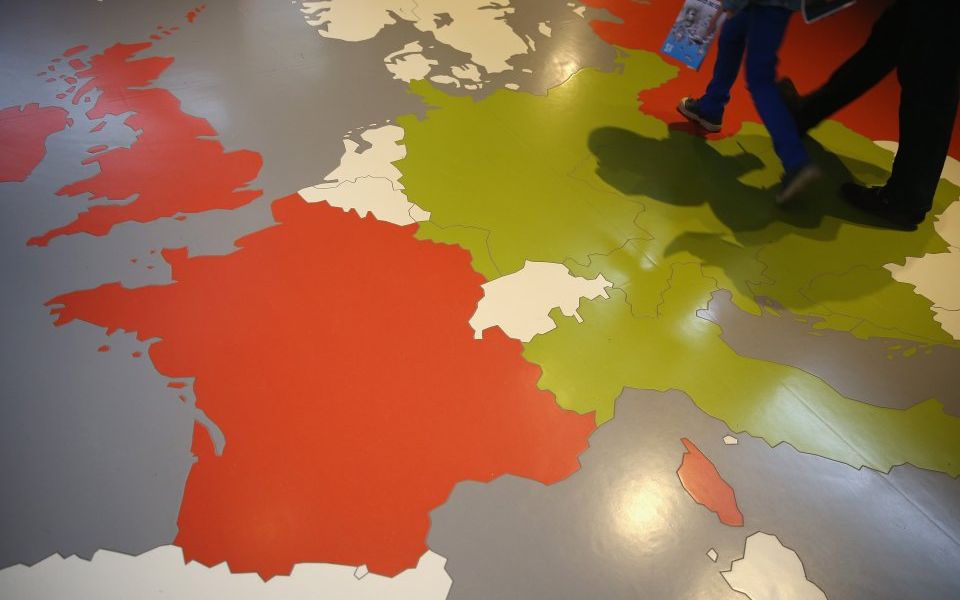
Europe’s economy is booming but its politics risk boiling over

Could European political instability derail its economic recovery? It’s a question plenty of people in the markets are asking themselves at the moment.
Germany remains without a functioning government. Martin Schultz, leader of the Social Democratic Party (SDP) resigned on Tuesday despite – or because of – reaching agreement with Angela Merkel to enter a new grand coalition with her Christian Democrats. And the party membership still has to agree the deal.
With opinion polls earlier this week showing support for the SDP falling to a new record low of just 17 per cent, the centre-left party now has around the same level of support as Germany’s Far Right Alternative for Deutschland (AFD).
Rise of the Far Right
So, it’s still possible – likely even – SPD party members could scupper the agreement brokered by Mr Schultz and Mrs Merkel.
Elsewhere, Italy faces a general election in March, in which the Far-Right Northern League and Brothers for Italy parties in partnership with, and under the tutelage of, former Italian prime minister Silvio Berlusconi’s Forza Italia are gaining ground.
Mr Berlusconi, though unable to hold political office himself, has remained the focal point for the Italian media ahead of the general election. And he has wasted little time in blaming Italy’s economic woes on immigration and the European Union (EU).
Spain still faces problems of its own in Catalonia, Austria has to contend with a Far Right political party in coalition government and the governments of Poland and Hungary are edging ever further Right. The Netherlands and France both had scares of their own last year.
Economic boom
This flies in the face of the economic data. On Wednesday, Eurozone and wider European Union (EU) economic growth were shown to have been stronger in the fourth quarter than originally estimated.
Both the EU and the Eurozone economies grew by 2.7 per cent in the fourth quarter of 2017 compared with the same quarter a year earlier, a 0.1 per cent increase on the previous estimate. While only a minor upward revision, it is a significant one. The US economy expanded by 2.5 per cent in the same period.
Such a strong figure should give us hope that the economic recovery in Europe, so longed for, has finally materialised and that growth in 2017 will gain momentum in 2018.
But unemployment across Europe remains high and inflation still stubbornly below target.
Europe desperately needs economic growth. It also desperately needs jobs. The hope is with greater growth, the jobs will follow. Without jobs the people of Europe will feel they are not benefiting from the new economic boom.
That will enable those who find it easy to point the finger of blame at others to take the reins of power with regressive and protectionist policies at a time when Europe could be on the verge of returning to prosperity.
What a waste it would be to throw that prosperity away.
To find out how INFINOX Capital can help you reach your financial goals, visit www.infinox.com.